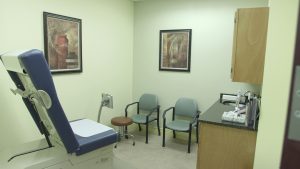Key takeaways
- The frequency of peeing can be used to monitor overall health and anticipate certain problems. A regular peeing rate and volume occur when a person is well-hydrated and there is no undue pressure on the pelvic floor, bladder, and kidneys. A normal range is 5-8 voids in 24 hours and no more than twice at night if over 60 years old.
- Nocturia, or frequently peeing at night, can be caused by decreased production of anti-diuretic hormone (ADH) with age or a lack of production in children. It can also be caused by drinking too much water, taking diuretic medications, untreated diabetes, urinary tract infections, or an overactive bladder.
- It is important to speak with a medical professional if experiencing frequent or urgent peeing as it can be a symptom of underlying health issues.
 Peeing can be an inconvenience when it gets more frequent and urgent.
Peeing can be an inconvenience when it gets more frequent and urgent.
The good news is that you can use your frequency of peeing to monitor how your body works. You can use it to assess your overall health and anticipate certain problems.
What is considered normal when it comes to peeing?
A regular peeing rate and volume occur when you are well-hydrated. There is no undue pressure on your pelvic floor, bladder, and kidneys. It means that you can anticipate when and how frequently you visit the bathroom.
When healthy, a good peeing range is 5-8 voids in 24 hours. At night, you shouldn’t wake up more than twice to pee if you are over 60 years old. When you pee more than eight times in 24 hours, that could mean that you have an overactive bladder.
The amount of urine you pass depends on how much fluid you drink, how big your bladder is, and how much urine your body produces.
Your body makes roughly 3 liters of urine each day. If you have a normal, healthy bladder, you can hold 300-400 ml of urine (approximately 2 cups). The urge to pee should generally start when your bladder has 150ml of urine (just over half a cup).
What is nocturia?
Peeing frequently at night is called nocturia. It means you have to wake up more than once a night to go to the bathroom.
The body usually produces more anti-diuretic hormone (ADH) at night, which prevents your kidneys from filtering and releasing water until you wake up. With normal ADH, you shouldn’t have to struggle to hold urine through your sleep.
However, ADH production decreases with age. That is why older adults are at higher risk of nocturia than younger adults.
ADH takes more time to be produced in children. That is why children below six years tend to wear diapers at night because they can’t hold pee overnight.
What causes peeing too much?
- Drinking too much water
The more fluid you drink, the more urine you make, and the more frequently you need to pee. You can tell if you are drinking enough by checking the color of your urine. If your pee is light yellow to clear, then you’re taking in enough fluid.
But if your pee is always clear and you spend a lot longer in the bathroom, then you are probably drinking too much. Though drinking too much fluid isn’t dangerous, you can ease the amount to reduce your visits to the toilet.
- Accidental or therapeutic use of diuretics
Diuretic medications help your body to get rid of excess fluid. The drugs work by prompting the kidney to be more permeable to sodium. This allows more sodium in the urine, which draws more water out of the blood into urine, lowering your blood pressure.
Diuretics are used as medications for high blood pressure. You should expect to pass urine a lot more when on these medications.
Drinks such as coffee, tea, and soda can act as diuretics, increasing your peeing frequency.
- Untreated diabetes
Untreated diabetes means a continually high level of glucose in your blood. Since your kidneys can’t handle the re-absorption of this extra glucose, it is excreted in the urine.
The presence of glucose in your urine draws additional fluids along with the glucose, resulting in an increased peeing rate. And as you lose more fluids, your body becomes dehydrated, and you feel thirstier than usual. You will end up drinking and peeing a lot more.
- Urinary tract infections
Urinary tract infections occur when bacteria enter via the urethra and multiply anywhere in your urinary tract. As the bacteria multiply, usually in the bladder, inflammation, and irritation increase the urge to pee.
In some cases, the bladder can become inflamed without an infection. This type of inflammation results in a chronic condition called interstitial cystitis or painful bladder syndrome, which is more common in women.
- Overactive bladder
Characterized by a sudden urge to pee that you can’t control, an overactive bladder occurs when signals from the brain fail, causing bladder muscles to want to squeeze out urine when it isn’t full.
This condition is an urge-related form of urinary incontinence, wherein suddenly you feel the need to pee, but not much comes out.
Overactive bladder is more common in people with neurological disorders, such as multiple sclerosis, stroke, Parkinson’s disease, dementia, or a bladder abnormality like bladder tumor.
These diseases tend to cause damage to the nerves that tell the bladder muscles when to contract.
- Urinary incontinence
Urinary incontinence is a condition where muscles that close off the urethra become weak, causing stress-inducing urinary leakage. The leaks may occur when you’re sneezing, coughing, or during strenuous exercise.
Incontinence may be due to pregnancy and childbirth, which weaken pelvic floor muscles.
Additionally, lower estrogen levels after menopause can also cause tissues to deteriorate in the urinary tract, resulting in incontinence.
- An enlarged prostate
For men with an enlarged prostate, there may be a constant feeling of needing to pee.
The growing prostate puts pressure on the urethra. It blocks the flow of urine, making the bladder work harder to expel the urine. The leftover urine can become a breeding ground for bacteria and lead to inflammation, further messing with the bladder.
- Pregnancy
When pregnant, blood volume increases, and the kidneys have to work through the excess fluid. This means that more fluid ends up in the bladder, and you can pee too much.
Increased frequency of peeing starts in the first trimester and gets worse in the subsequent trimesters.
What are the solutions to frequent peeing?
Frequent peeing can be reduced by cutting out bladder irritants from the diet. You can do so by avoiding alcohol, caffeine, artificial sweeteners, citrus, and spicy foods.
You should also quit smoking and lose weight. And drink most of your fluids earlier in the day to avoid trouble at night.
Peeing too much can be treated using medications. You can take medications that relax the bladder and its nearby muscles, such as antidepressants imipramine (Tofranil) and duloxetine (Cymbalta).
You can also get a Botox injection into your bladder. This will give temporary relief by paralyzing the muscles and blocking the chemical messenger acetylcholine, which sends signals to your brain to trigger abnormal bladder contractions associated with an overactive bladder.
Anti-cholinergic drugs, such as Oxybutynin, also block acetylcholine.
Pelvic floor physiotherapy is also ideal for stress-related incontinence, like pregnancy-linked incontinence.
But when incontinence occurs after menopause, estrogen creams may help by restoring the tissues near the urinary tract.
Bladder training is effective in controlling frequent peeing. It involves trying to go longer and longer without peeing over time.
For instance, if you go every hour, you can extend that time by 10 minutes for some days. Then keep adding on 10 minutes until you find yourself holding your pee for a longer period.
Safe, effective treatment of urinary incontinence
If you are peeing too much, you should see a urologist to determine the cause and degree of incontinence you have.
At St Pete Urology, we’ve helped many patients recover from leaky bladders through our tailored treatments.
Our solutions include behavioral therapies, pelvic muscle rehabilitation, incontinence devices, medication, Botox injections, and surgery. Our doctors have vast experience in diagnosing urinary incontinence and in providing the most appropriate treatments.
References
- “Frequent Urination.” Penn Medicine, University of Pennsylvania Health System, www.pennmedicine.org/for-patients-and-visitors/patient-information/conditions-treated-a-to-z/frequent-urination
- “Frequent Urination.” National Center for Biotechnology Information, U.S. National Library of Medicine, www.ncbi.nlm.nih.gov/pmc/articles/PMC3021813/
- “Frequent urination: Causes, diagnosis, and treatment.” Medical News Today, MediLexicon International, www.medicalnewstoday.com/articles/70782

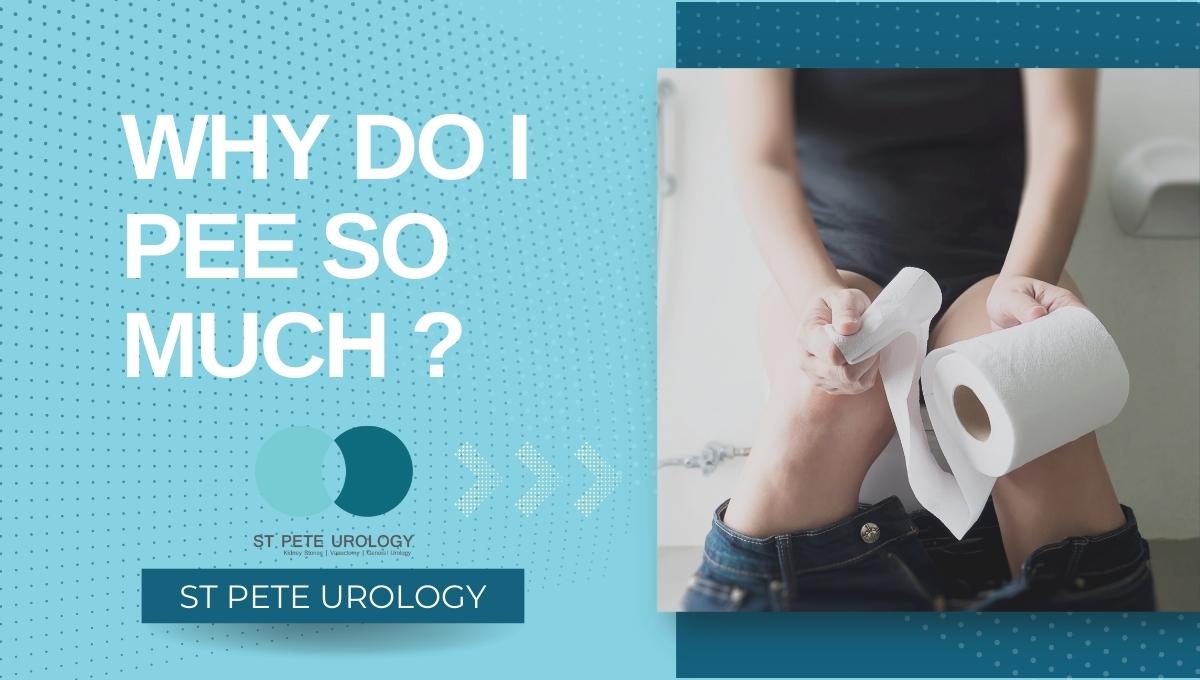

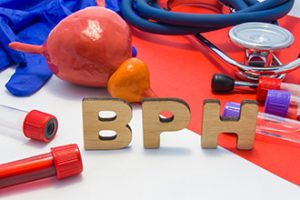
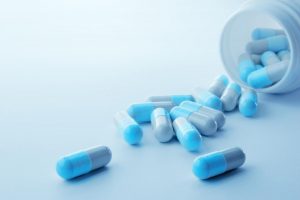 When using a prescription for managing enlarged prostate, you will take the pills every day for life, have regular medical checkups, and use special bathroom techniques such as relaxation and double voiding. The medicines will reduce the risk of urinary retention, relieve symptoms and minimize risks of future surgery. However, prescriptions are often expensive and come with certain side effects such as trouble getting an erection, diminished sex drive, tiredness, dizziness, and stuffy nose.
When using a prescription for managing enlarged prostate, you will take the pills every day for life, have regular medical checkups, and use special bathroom techniques such as relaxation and double voiding. The medicines will reduce the risk of urinary retention, relieve symptoms and minimize risks of future surgery. However, prescriptions are often expensive and come with certain side effects such as trouble getting an erection, diminished sex drive, tiredness, dizziness, and stuffy nose.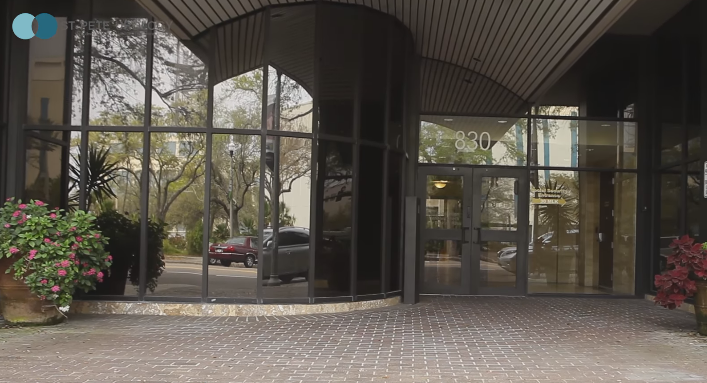


 It’s possible. Research published in January 2016 found that men who ate foods high in antioxidants called flavonoids had a lower risk of
It’s possible. Research published in January 2016 found that men who ate foods high in antioxidants called flavonoids had a lower risk of 
